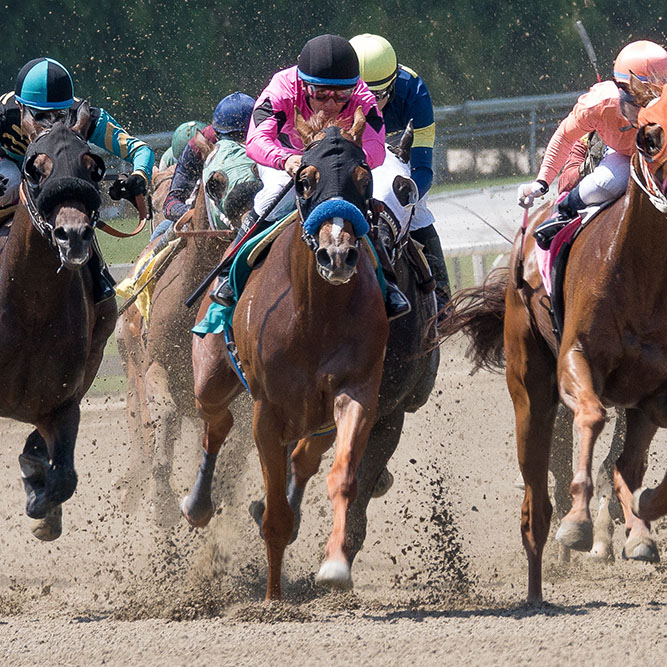Throughout the years, kratom has popped up in some strange news headlines. Most of the time, the story is misleading. It uses kratom as a scapegoat for why somebody made a terrible decision on illicit substances. Since kratom is a natural product that’s legal and readily available, those intoxicated individuals throw kratom under the bus. Nobody is going to admit to taking a dangerous narcotic. And kratom already has a bad reputation with the federal agencies. So those products become the perfect patsy to place the blame on when people get caught doing dumb stuff under the influence of actual illegal drugs.
At other times, you’ll read a story where cops have arrested an individual for drug dealing or possession. In a few of those instances, the suspect has kratom located somewhere in their domicile. But instead of focusing on all of the more dangerous, deadly substances, the article shifts the narrative to cover kratom as its main focal point. You would think the story would keep the center of attention on a substance like heroin, cocaine, or methamphetamine. But drugs are everywhere in America. And their audience has been bombarded with stories about all of those substances repeatedly. So the media creates a false narrative to scare people away from kratom. Today, news stories rely on what sells instead of harnessing the truth.
But in rare instances, you’ll read a story about something strange and peculiar. It might be something like racehorses popping for kratom in their drug tests.
Racehorse Pops for Kratom After Winning Second Place
On October 23rd, 2020, a horse trainer named Robert Roe had a ruling passed down from the Association of Racing Commissioners International (ARCI). The penalty emerged from toxicology screenings that showed his horse tested positive for drugs. Traces of molecular compounds appeared in the urine and blood samples of a horse called Candy My Boy. The results were from lab work performed on samples taken on September 20th and 28th. The horse had competed in races on both days. And it came in second place in both competitions.
Studies have suggested a link between kratom alkaloids and pain reduction, so it’s not a far stretch to believe the horse trainer was intentionally giving the horse some of his kratom powder to help with any joint issues the animal faced. He did slip it into the horse’s supplement mixture. However, Roe said it accidentally spilled into the supplement of the horse. But he never identifies how that occurred. So I can understand why the racing commission didn’t believe him. Nobody would be preparing a cup of kratom over the horse’s feed. That’s just ludicrous. Still, he stuck with his unlikely story to the very end. And the commission gave the trainer a one-year suspension and a $1,000 fine for the misconduct.
So far, Roe has not clarified whether he wishes to appeal his case. But he didn’t dispute any of the findings. The commission disqualified the horse from both races it won. Then it redistributed the purse among the other winners.
A Previous Group of Horses Perform Well in the Races
As odd as the whole affair sounds, Candy My Boy was not the first racehorse to pop for kratom alkaloids in his drug test samples. It happened a few years prior, too. Back in 2017, the New York State Gaming Commission suspended a racehorse owner that gave kratom products to his racehorses. The man in question was Michael S. Weiner. He not only owned his horses, but he trained and drove the horse harness on them, too.
Weiner gave each racehorse kratom products before racing them at the Monticello Raceway during the first week of February in 2017. But alkaloids in kratom were detected by the New York Drug Testing and Research Program (NYDTRP).
But apparently, the kratom products didn’t produce any adverse effects on the horses. The kratom had quite the opposite effect, according to the results of the races. One horse named Bupa Bruiser finished first in its race. But Bupa wasn’t his only horse to get first place. A few days later, his horse called Majestic Jo took home the first-place purse. Another horse of Michael’s, Vernon Belle, came in second place in another race. Still, one of his other horses, French Lick, finished in fifth place within the same week. But when the commission learned of the toxicology results, it indefinitely suspended Weiner from racing in all the New York tracks. They disqualified all of his horses. Then the commission ordered the purse winnings to be returned as a result.
Horses Have the Potential for Future Kratom Test Subjects
Kratom has two dominant alkaloids that give off the plant’s therapeutic benefits. They are mitragynine and 7-hydroxymitragynine. And it seems the ARCI decided to place both molecular structures under its Uniform Classification of Substances list. Both alkaloids are listed as Category 1 Drug Class that carries a Penalty A in the racing world. Neither substance has any acceptable levels that are allowed in an animal’s toxicology report. The ARCI classifies kratom in the same class that it does opiates or cocaine. Yet, we know from scientific studies that kratom is not a dangerous substance. According to research, the addiction potential for kratom barely registers in the results.
Kratom has had quite a few scientific studies in the past few years. And a lot of that was made possible from the several million dollars given to kratom researchers from the National Institute on Drug Abuse (NIDA) to provide them with the results of the studies. A lot of the experiments used laboratory rats to test on. However, one kratom study used dogs for test subjects. But none have ever used a horse before. The two previous news reports don’t indicate any medical conditions that resulted from the racehorses ingesting kratom. Instead, the horses performed surprisingly well in all of the races. So, one might presume that future studies might use the animal for further research. Kratom could be a potential painkiller for horses that veterinarians could give instead of dangerous narcotics. Future studies on the issue would be interesting.
The Media Showcases Kratom in Poor Light
Now, I don’t believe kratom produces an unnatural advantage in racehorses that consume the plant material. That’s like trying to argue that a cup of coffee gives one athlete a boost over another. We know it doesn’t. But it has taken us many years to get some of the medical and scientific community to delve into the science of kratom when it comes to people consuming it. It’ll be much longer before any animal organizations come around. So they’ll continue to demonize the plant in their circles in the meantime. None of the kratom products harmed those horses. But having kratom alkaloids in their toxicology reports creates an uphill battle for the kratom movement.
Each of the stories that reported on the fiasco misrepresented kratom to its audience. And some of those readers had never heard about kratom before. Now, their first experience of reading about kratom informs them it’s a type of performance-enhancing drug. Then the article compares its effects to opioids and cocaine. From that point forward, the disinformation will stick with those people forever, even after hearing the truth.
The more popular kratom products become, the more out-of-the-ordinary stories will get told in the news that revolves around kratom. So kratom advocates and supporters need to keep their eyes and ears peeled for them in the future. It’s up to us to address the comment sections of those compositions, helping the audience of those articles learn the truth about a miraculous plant that gets a bad rep.







Thank you. I very much need to find something to help my horse with terrible arthritic pain. Is there any information on what a therapeutic dose would be? Please help. 🙏